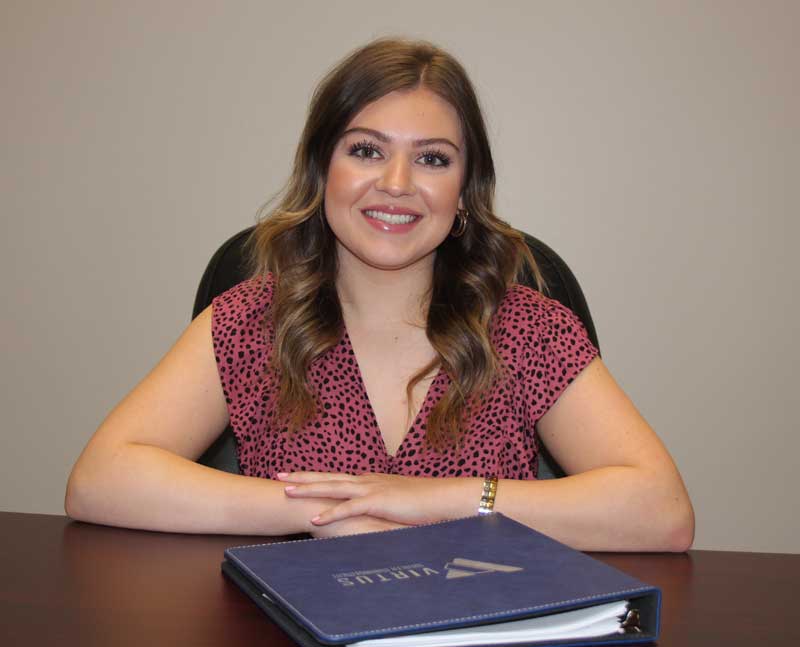The question of Medicare sustainability is in tandem with Social Security sustainability. Both...

Currently, anyone can convert a Traditional IRA to a Roth IRA, including those with adjusted gross incomes of more than $100,000.
 Roth IRA conversion is the term for moving funds from a Traditional IRA (pre-tax) to a Roth IRA (post-tax). Since, generally speaking, the funds are moving from pre-tax to post-tax, you have to pay taxes on the funds being moved. To understand the advantages and disadvantages both Traditional IRAs and Roth IRAs have to offer, it is important to recognize the key differences between these two retirement accounts.
Roth IRA conversion is the term for moving funds from a Traditional IRA (pre-tax) to a Roth IRA (post-tax). Since, generally speaking, the funds are moving from pre-tax to post-tax, you have to pay taxes on the funds being moved. To understand the advantages and disadvantages both Traditional IRAs and Roth IRAs have to offer, it is important to recognize the key differences between these two retirement accounts.
With a Traditional IRA, you contribute pre-tax money and it grows tax-deferred until you withdraw it. When you take a withdrawal, you are taxed on your pre-tax contributions as well as the gains (and if the withdrawal is made prior to age 59 ½ a 10% penalty tax may apply). In addition, you are required to start taking distributions at age 70 ½, whether you need the income or not (Uncle Sam wants his taxes!).
In contrast, with a Roth IRA, you contribute post-tax money and it grows tax-deferred. When you make qualified withdrawals from a Roth IRA, you do not pay taxes (not even on the gains). Another added value is that you are not required to take distributions from a Roth IRA at any age, until after death of the owner. Thus, the Roth IRA offers tax deferral on any earnings in the account and withdrawals from the account may be tax free, as long as they are considered qualified (made after age 59 ½ and the account has been open for 5 years, otherwise taxes and penalties may apply). Limitations and restrictions may apply. Withdrawals prior to age 59 may result in a 10% IRS penalty tax. However, future tax laws can change at any time and may impact the benefits of Roth IRAs. Their tax treatment may change.
Hence the dilemma – pay taxes on contributions now OR pay taxes on contributions and gains later?
It is a tough decision. Here are just a few things to consider:
If you do not plan on taking withdrawals for the next 5 years OR do not plan on taking withdrawals at age 70 ½, then a Roth IRA conversion may make sense for you. The longer you plan on leaving the money in the Roth IRA, the more advantageous a conversion is. Keep in mind that having to take required distributions from your IRA at 70 ½ may push you into a higher tax bracket. For those that don’t need the money,required minimum distributions on IRAs are nothing but a larger tax bill.
If you have a potential estate tax liability, converting to a Roth IRA may reduce that liability. If you die holding a Traditional IRA, the entire IRA may be included in your estate even though part of it will end up going to the IRS as income tax when your beneficiaries take distributions. In the case of a Roth IRA, you have already paid the income tax, so your estate is smaller even though you are effectively passing the same amount of wealth to your heirs.
This is the KICKER, if you can NOT pay the taxes from “outside funds” — meaning you have to use IRA money to pay taxes on the rollover— then the math for a Roth IRA conversion will probably not work out in your favor. If you have to pay an early distribution penalty from the money you withdraw from your IRA to pay taxes on the rollover, the costs will most likely outweigh the benefits.
After the long bull market we have witnessed, your account balance is more than likely not down. However, if you have individual investments within the IRA that are down and you want to hold them long-term, a Roth IRA conversion should be considered. You are not required to convert all of your Traditional IRA. You may move partial amounts. Recall, gains in an IRA are ultimately taxable while gains in a Roth IRA are tax free when withdrawn after 59 ½ and the account has been opened 5 years (otherwise, taxes and penalty taxes on earnings may apply).
Many states provide some measure of creditor protection to Traditional IRAs (although they are not necessarily completely insulated). For reasons having to do with the way state bankruptcy laws are written, there is some question as to whether the same protections are available to Roth IRAs. Thus, if you have a reason to be concerned about creditor protection, you should consider this issue before performing a Roth IRA conversion. This issue is even more important if the money you’re planning to rollover to a Roth IRA is currently in an employer plan, protected by federal retirement law (ERISA).
The Roth IRA conversion opportunity is not necessarily for everyone. Please do not be led down a path that may not be in your best interest. There are many factors to consider. We developed a model to analyze each client’s specific needs, tax situations, and long-term goals to determine if it is in their best interest.
This information is not intended to be a substitute for specific individualized tax or legal advice. We suggest that you discuss your specific situation with a qualified tax or legal advisor.